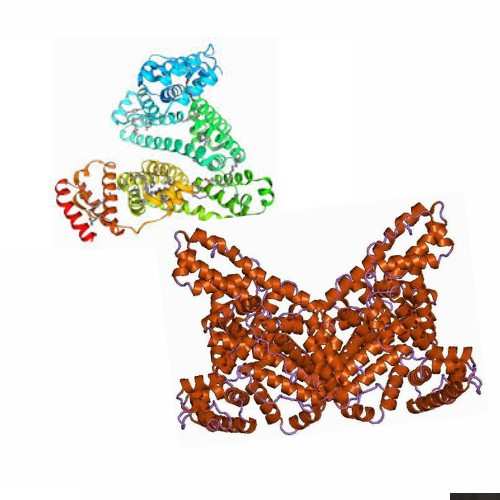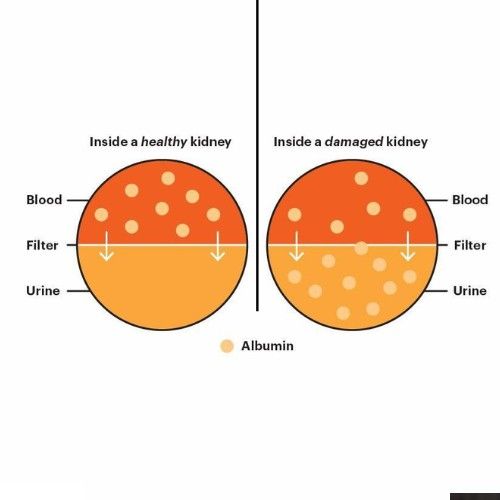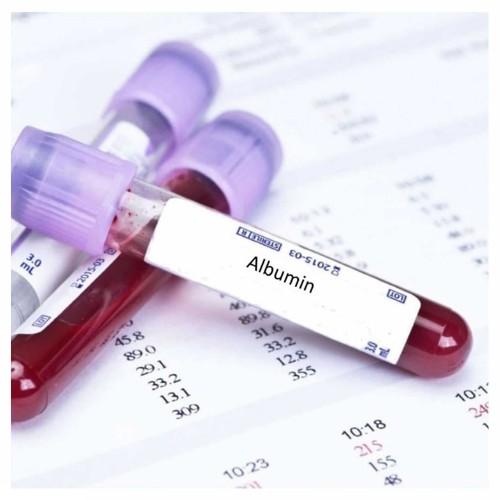Is Albumin Trace in Urine Dangerous? A Clear Guide
Learning that you have a small amount of albumin in your urine may be disconcerting. It’s one of those medical words that sounds scary, but what does it mean? Is this cause for concern or a little bump in the road? We made it accessible for you, so you can feel informed and empowered about your health.
What Is Albumin?
Your liver produces a protein called albumin. It’s a major player in your blood, where it helps prevent fluid from leaking out of your blood vessels, among other tasks, like transporting nutrients and even supporting your immune system. Ordinarily, your kidneys serve as a filter that helps keep proteins such as albumin in your bloodstream while allowing waste to pass into your urine. So
, when a little bit of albumin gets into your urine, you can think of it as a hint that your kidneys might not be filtering as perfectly as they could.

Is Trace Albumin in Urine Normal?
A “trace” of albumin in urine is a very small amount that can be detected by a test, but is not necessarily a cause for concern on its own. It is frequently detected during a routine urine test, such as a dipstick test, that doctors use to look for a variety of health markers.
Albuminuria Causes
A bit of albumin may crop up for any number of reasons, and not all of those reasons are cause for alarm. Some of the most common culprits include:
-
Short-Term Kidney Stress: Dehydration, hardcore workouts, fever, hell, even just recently having been sick, can stress your kidneys temporarily, causing them to be a little less efficient and let a tiny bit of albumin to sneak through.
-
Diet or Lifestyle: A high-protein diet or the use of certain supplements could cause additional stress to your kidneys, resulting in a trace of albumin.
-
Early Kidney Issues: A small amount of albumin might signal early kidney stress or damage, particularly if the finding is persistent. Those diseases, including diabetes or high blood pressure, can, over time, interfere with the functioning of the kidneys.
-
Other Health Conditions: Some inflammatory or autoimmune conditions, such as lupus, can result in proteins showing up in urine.
The key here is context. A trace finding once is usually no cause for concern, but if it’s repeated or occurs with other symptoms, that’s reason to investigate further.
Is Albumin Trace in Urine Dangerous?
By itself, a trace of albumin in your urine isn’t typically dangerous. Think of it as a check-engine light for your car; it’s a warning that something could need attention, but doesn’t always mean your engine is about to conk out. Here’s how to think about it:
-
Low Risk for Most People: If you are otherwise healthy, not experiencing any symptoms like swelling, fatigue, or changes in urine output, a trace of albumin is often a fleeting thing. It might clear up on its own once the underlying cause (such as dehydration or a recent workout) is taken care of.
-
A Warning Sign in Some Cases: If you do have an elevated risk of kidney disease, due to things like diabetes or hypertension or a family history of kidney disease, a trace of albumin may be an early warning that your kidneys are under stress. In its early stages, catching it is a good thing; it creates an opportunity to do better before things get worse.
-
When to Pay Attention: If over time the albumin levels creep up (from “trace” to “moderate,” say, or “high”), or you begin to have symptoms like foamy urine, swelling in your legs or face, or feeling unusually tired, call your doctor. These might signify a condition known as proteinuria, which means too much protein is spilling out of your urine.
Albuminuria Normal Range
The normal albuminuria range is as follows:
-
Less than 30 mg/g: Normal, indicates no kidney damage.
-
30-300 mg/g: Microalbuminuria indicates early kidney damage.
-
Greater than 300 mg/g: Macroalbuminuria, an indicator of significant renal damage.
Albuminuria Treatment
Don’t panic if your test registers a trace of albumin. Here’s a practical game plan:
- Discuss it with Your Doctor: Let your doctor know everything about your health. Are you diabetic? Are you hypertensive? Have you recently been poorly with poor oral intake of food and fluids? These specifics help your doctor determine whether the trace is a fluke or something that should be followed.
- Retest: One test is not the final word. Your doctor may request a follow-up urine test or one that is more specific, such as an albumin-to-creatinine ratio (ACR), to narrow things down.
- Take Baby Steps with Your Lifestyle: Keep drinking water to stay hydrated, cut back on heavy workouts, and don't down too many protein supplements. If you are already taking medications, ask your doctor if any of the medications you’re on could be causing kidney damage.
- Control Underlying Conditions: If you have diabetes or high blood pressure, controlling those conditions is important. Controlling your blood sugar tightly and managing your blood pressure can help protect your kidneys in the long term.

Albuminuria Symptoms
Look for changes such as foamy in appearance urine, swelling, or feeling off. If something feels strange, just mention that to your doctor.
Can You Prevent It?
While you can’t always prevent a trace of albumin, you can take steps to keep your kidneys happy and reduce the chances of problems down the road:
-
Stay Hydrated: Drinking enough water helps your kidneys do their job without extra strain. Ayurvedic treatment for albuminuria also advises the patients to remain well hydrated.
-
Eat a Balanced Diet: Avoid overloading on protein or processed foods, which can tax your kidneys.
-
Exercise Moderately: Regular movement is great, but don’t overdo it to the point of exhaustion.
-
Monitor Chronic Conditions: If you have diabetes, hypertension, or another condition, work closely with your doctor to keep it under control.
-
Avoid Smoking and Limit Alcohol: Both can harm your kidneys over time.
-
Make use of Ayurvedic herbs for Albuminuria Treatment: Herbs such as Punarnava, gokshura, etc., help treat albuminuria, as they reduce inflammation and improve renal health. Consult with your healthcare provider beforehand, though.
When to See a Specialist
If repeat tests show persistent albumin in your urine or your doctor suspects an underlying issue, they might refer you to a nephrologist (a kidney specialist). They can run more detailed tests, like a kidney function panel or imaging, to get to the root of the problem.

The Bottom Line
If you are wondering, “Is albumin trace in urine dangerous?”, the answer is no. A trace of albumin in your urine is usually not a big deal on its own, especially if it’s a one-time thing. It’s like your body’s way of saying, “Hey, let’s keep an eye on this.” For most people, it’s a temporary hiccup that resolves with simple changes like staying hydrated or managing stress. But if you have other health conditions or the albumin sticks around, it’s worth investigating further to protect your kidneys.
The best thing you can do is stay proactive. Talk to your doctor, follow up as needed, and take care of your overall health. Your kidneys work hard for you every day; give them a little love back!






